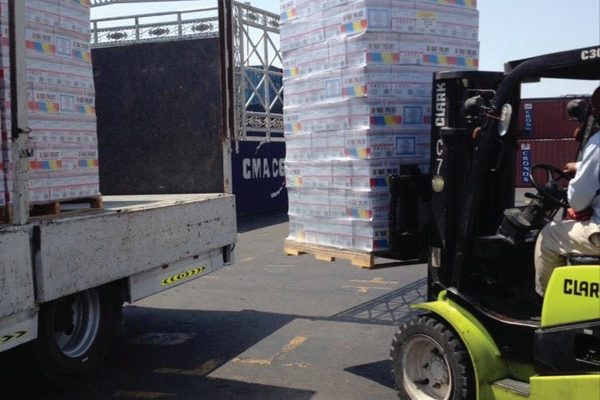Have Any Questions?
+254728261000
+254700885000
Visit Us Daily
Mombasa road k complex go down no.6,
Nairobi, Kenya
+254728261000
+254700885000
Mombasa road k complex go down no.6,
Nairobi, Kenya

Larger companies often place warehouses in strategic locations to help with shipments. They may choose to build warehouses in close proximity to a large percentage of their customers or along a direct shipping route. This helps them pick and ship goods faster and more efficiently.
Manufacturers use warehouses to store raw materials and finished goods. This allows them to keep the production facility clear of excess amounts of material and product that may use valuable space in the factory. Keeping the warehousing and production functions separate optimizes the warehouse for the receipt and distribution of goods and materials, creating a more efficient process than an operation focusing on both. Using warehousing for finished goods can also give manufacturers the ability to run larger production batches since it provides a location to store the product.
Larger production runs result in lower costs for the manufacturers and warehouse distributors. Businesses may invest in warehouse space based on the room needed for related warehouse services. This may include adding an assembly line or additional storage space for a new line of products. Warehousing is a vital part of the supply chain for most brands that ship actual goods or products to their customers.
There are numerous advantages of warehousing for eCommerce, an online marketplace, or a small business. Understanding how each advantage fits into your business model can clarify the warehouse logistics that suit you best.